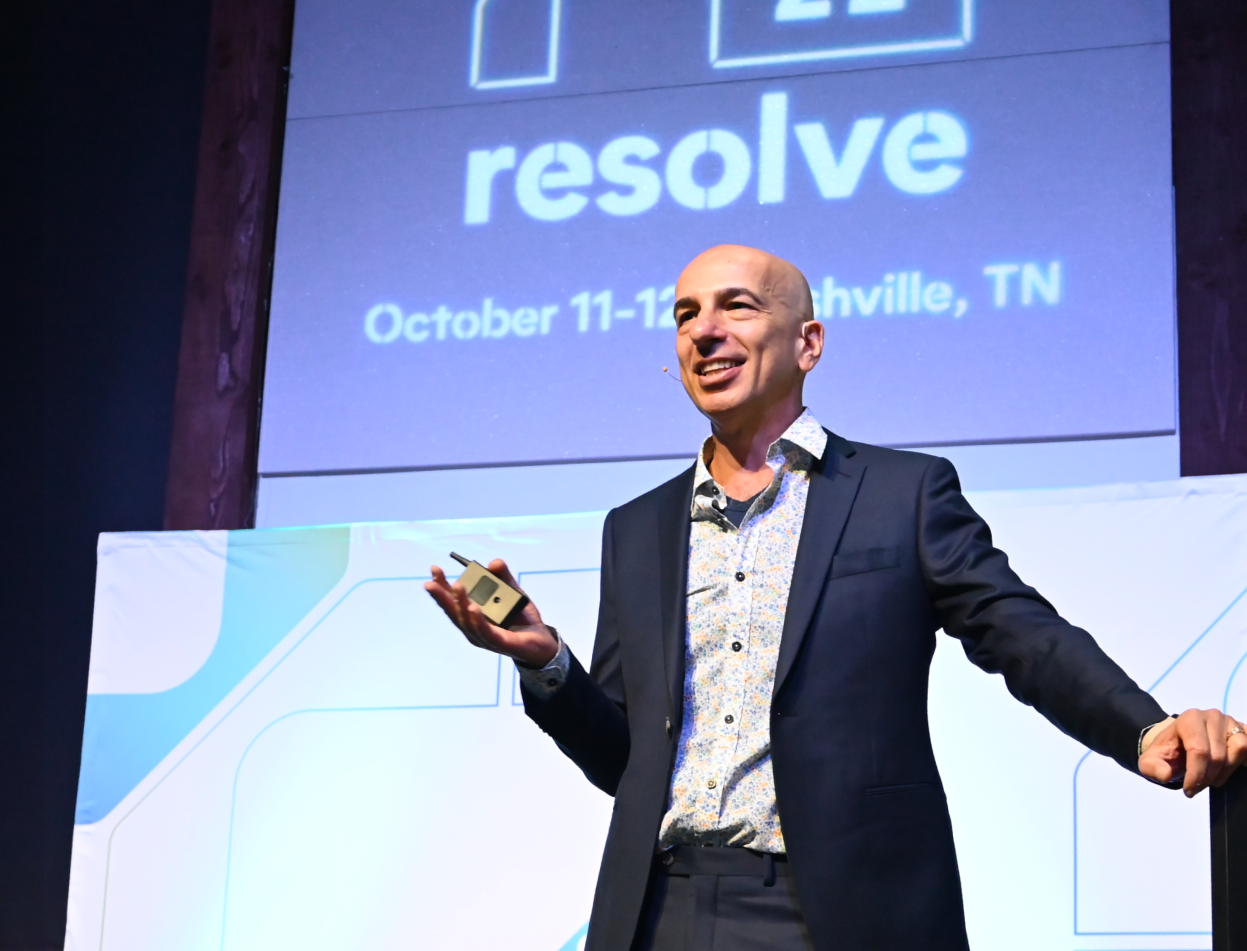This article discusses Contact Center Automation’s role in enhancing accessibility for individuals with disabilities. It references examples and a case study of a public transportation network, showing significant improvements in efficiency and customer satisfaction. Replicant is committed to providing an inclusive and accessible customer service experience.
What Are Traditional Customer Service Limitations?
Traditional customer service methods often involve several inherent limitations that can negatively impact the overall customer experience. One major issue is long hold times, which can be frustrating and time-consuming for customers. These delays are particularly problematic for individuals with disabilities, who may find it more challenging to wait for extended periods or navigate complex phone systems.
Limited availability is another significant limitation. Customer service is often constrained by business hours, making it difficult for customers to get help outside of these times. This can be particularly frustrating for those in different time zones or with urgent issues arising after hours. The lack of 24/7 support can lead to unresolved problems and increased customer dissatisfaction.
How Is Automation Helping Contact Centers Overcome These Limitations?
Replicant’s Contact Center Automation improves efficiency and accessibility, providing equitable encounters through advanced technology and omnichannel approaches.
There’s little doubt that Contact Center Automation is a transformative resource that’s creating positive change in customer service. Businesses enjoy reduced costs, customers appreciate decreased hold times and contact center agents gain a newfound sense of purpose in their work by focusing on complex requests rather than mundane tasks that can be accomplished by a machine.
But the technology also offers an opportunity to enhance the experience for people with accessibility issues. Journalist Steven Aquino reports on assistive technologies and recently interviewed Replicant CEO Gadi Shamia for an article published in Forbes. Their conversation explores how Replicant is creating more equitable encounters for people with disabilities through steps taken in the development of the platform.
“I think we’re discovering that we have many ways to help [accessibility-wise],” Shamia told Aquino. From training the machine to give people enough time to finish talking, to reducing bias by exposing the program to a diverse range of speakers, Replicant’s approach to automation is a game-changer for those who struggle with aspects of customer service communication – including Aquino himself.
“As someone who has lived with multiple disabilities my entire life, there’s no question in my mind my speech impediment is the one I struggle the most with managing,” Aquino writes. “Non-verbal interaction like texting is a godsend for disabled people who view talking on the phone with the same dread as a snowman’s life in the desert.”
Indeed, Replicant’s omnichannel approach is another positive innovation for people with disabilities. While Aquino feels more comfortable requesting support using methods like text or chat, the elderly and people with other types of impediments still rely on efficient communication over the phone.
Case Study: Public Transportation Network
One of the nation’s largest public transportation networks recently adopted Replicant’s industry-leading approach to Contact Center Automation to address the needs of its paratransit riders. Unfortunately, the customer service experience has been a consistent challenge for these users.
Prior to Replicant, more than a quarter of all reservation and status calls were abandoned and it took about 20 minutes to book a trip by phone. Even doubling call center agents didn’t make an impact because demand continued to climb every month. Customers often complained about the clogged reservation line, busy signals and disconnections.
To remedy these headaches, the transit system is having Replicant bolster its paratransit phone service responsiveness through automation. Rather than force users to adopt technologies they aren’t comfortable with, like web-based forms or mobile apps, Replicant is providing a conversational AI system with accessibility in mind. Soon, riders will be able to quickly navigate all reservation requests, cancellations and status updates via their preferred method – over the phone.
How Can Replicant Help You?
Replicant’s approach combines efficiency and accessibility to create an inclusive customer service experience. This holistic method ensures that human-machine interactions are seamless and equitable. The machine is designed to provide everyone with “exactly the same service” regardless of any potential impairments or limitations, Shamia told Aquino. By offering multiple methods of engagement through text, chat, and voice, Replicant is creating a more accessible customer service experience for all.
If you’re looking to enhance your customer service with advanced, inclusive automation solutions, Replicant can help you achieve these goals. Request a demo today!




